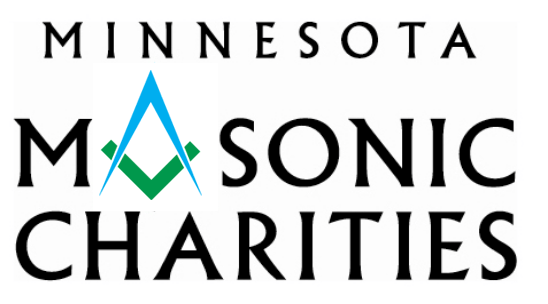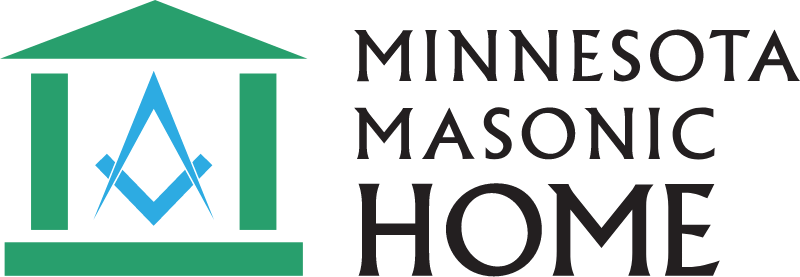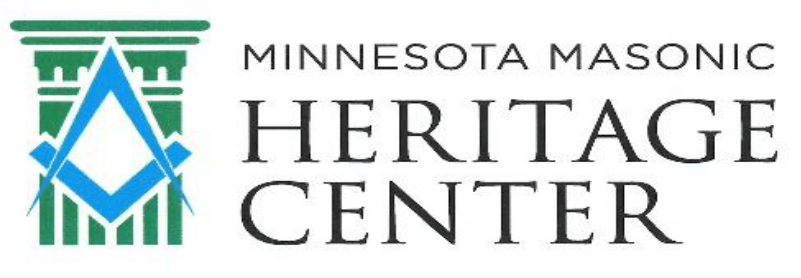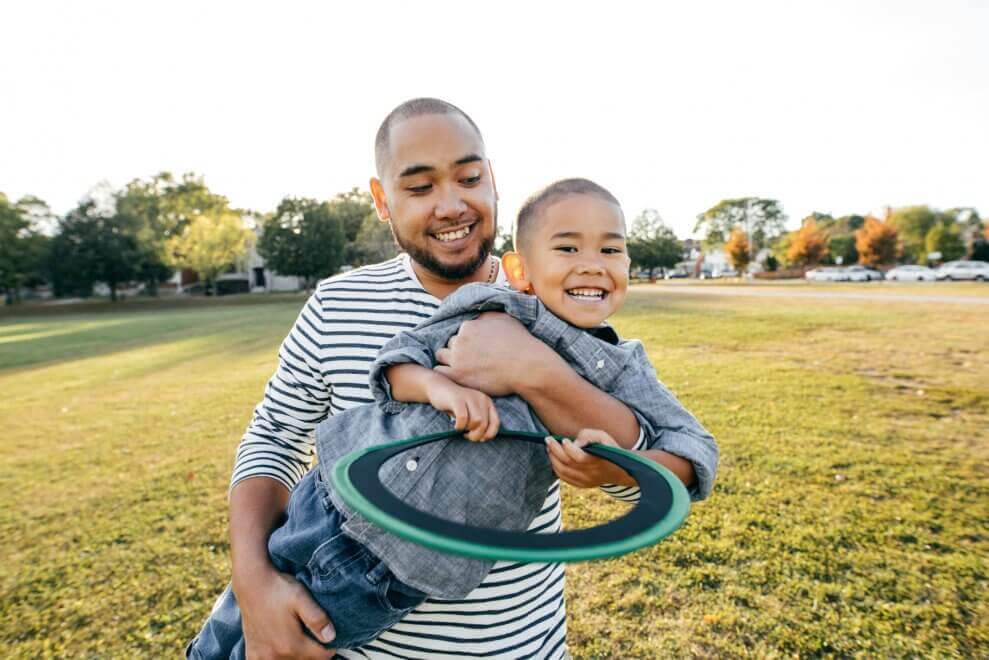For nearly 30 years, the Scottish Rite Foundation has sponsored the Scottish Rite Clinic for Childhood Language Disorders (newly named Minnesota Masonic Children’s Clinic for Communication Disorders), which has diagnosed and treated children in Northeastern Minnesota and Northwestern Wisconsin. The clinic does not charge a fee, impacting a large population that would not otherwise be able to afford the critical services so necessary to children desperate to communicate.
Minnesota Masonic Charities has long recognized the important work provided by the clinic and has supported its efforts through annual Mission grants. In 2013, the clinic embarked on a capital campaign to raise funds for the construction of a new building in the heart of Duluth.Despite an outpouring of support by the Scottish Rite Masons and community, the clinic struggled to keep up with the expense of the new facility and the demand for language remediation. In order to secure its ability to provide these important services in perpetuity, and with the goal of expanding operations, the clinic joined Minnesota Masonic Charities on January 1, 2018.
“It made sense,” said Eric J. Neetenbeek, president and CEO of Minnesota Masonic Charities. “We know there is a great need for the clinic’s services, and we know the Clinic does an amazing job of treating children. All that was needed was a foundation of support that would ultimately allow the clinic to serve more.”
A difficult wait
Clients are often referred to the clinic by family, friends or healthcare providers. Patients, ages birth to 9, represent the gamut of a language disorder diagnoses – from Autism Spectrum Disorder (ASD) to hearing loss. Everyone hopes for the same thing: to help their children learn to communicate.
It’s a critical step in the healthy development of human beings. Without the ability to use language, individuals cannot learn to problem solve, plan or express themselves. As an infant grows to adolescence, key cognitive connections typically form to enable language acquisition. But certain factors can impede normal development, such as emotional issues, environmental deprivation, cognitive delays, motor or other disorders. Parents who notice delays in their child’s ability to communicate are often desperate to find answers, and the proper treatment can be difficult to find, much less afford.
Because the Masonic Children’s Clinic is one of few to serve the northeastern area of Minnesota and northwestern area of Wisconsin, there is typically a substantial waiting list for services. While they wait, parents and caregivers are supported through the clinic’s “Parents and Children Communicating (PACC)” program, which provides them with the techniques they need to know to support their child’s language acquisition. Still, some families have waited up to two years for their children to receive the crucial interventions the clinic provides.
A typical visit
Therapy at the clinic is tailored to the individual needs of each child, and almost always involves the parent/caregiver. By observing each session, parents can learn new strategies to reinforce therapies at home.
There are a number of services the clinic provides: screening and assessments, acute level services, ongoing treatment and consultation. At the assessment level, children may meet with the clinic’s audiologist to identify any hearing impairments that may be inhibiting language acquisition. A speech/language assessment will determine each child’s strengths and deficits and help design a customized treatment plan.
If the child requires acute level services, a speech/language pathologist will work with the parent to set goals for therapy. Services may include one-hour sessions, twice per week at the clinic, consultation with other allied professionals (with parent permission), and home/site visits. Acute level services typically run for one year, after which a pathologist will assess whether continued intense therapy is prescribed, or whether a different approach is necessary.
Typically, ongoing treatment includes a year of less-frequent therapy sessions (1x/week) and a final assessment to provide families with the tools they need to reinforce the skills they’ve learned and/or find additional services. The clinic may offer consultation services after the two-year direct services end to families who need additional support.
Charting our course
Minnesota Masonic Charities’ immediate plans for the clinic include expanding services to meet the demand, and extending beyond the traditional boundaries of service so that more families and children can benefit from the clinic’s state-of-the-art environment and expert staff. Interested in supporting the Masonic Children’s Clinic? Get Involved or contact John Schwietz at 651-210-5240.
If these walls could talk
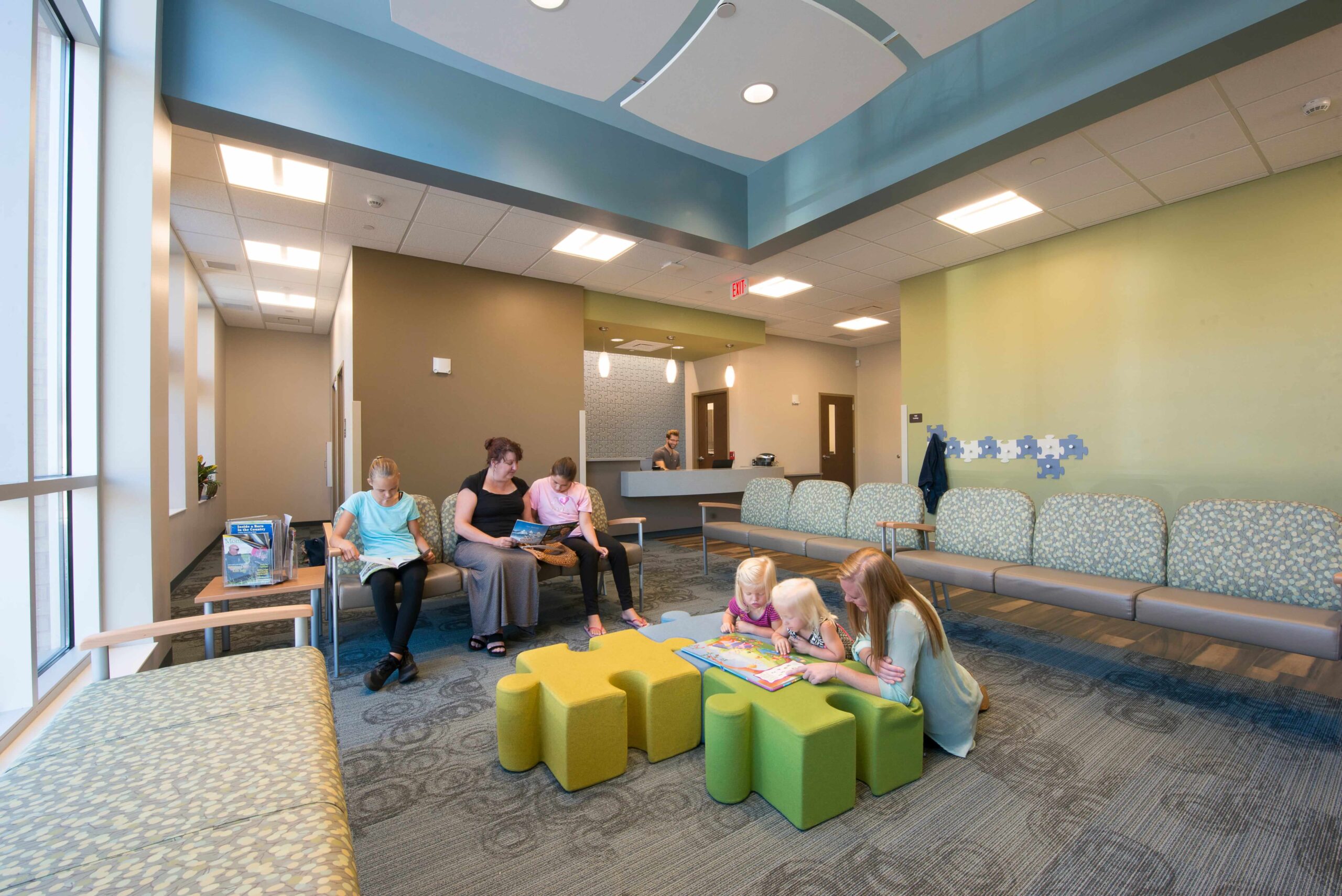
The building that houses the clinic utilizes “evidence-based design” to optimize the work done there. In short, the building incorporates finishes and technologies that have been tested and proven to support the work of speech/language pathologists. Some of the building’s features:
- Lobby waiting areas and seating nooks are tranquil places that encourage children to adapt to the new environment before therapy sessions.
- Hallways are wider than in most buildings so that kids feel less restricted.
- Windows are placed from five-to-eight feet off the ground in therapy rooms so that children can have access to the sky and daylight without getting distracted.
- Therapy rooms have high ceilings with floating “acoustic clouds,” which bring in light while muffling sound to encourage concentration.
- Observation rooms connect to each therapy room with two-way mirrors, allowing parents and consulting therapists to observe sessions without distracting patients.
- Small alcove spaces create safe places for children to take time away from the larger group or for one-on-one interaction with therapists.
- A small kitchen and dining area simulates the home environment of the child, so kids can learn how to communicate in familiar settings. Children and their families take part in baking, cooking meals and sitting down to share them.
